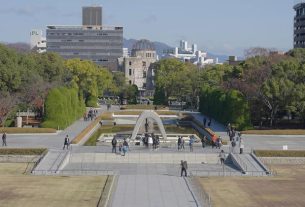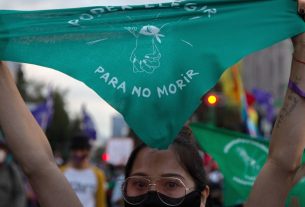This week, Pakistan’s Supreme Court issued a landmark ruling that the judicial proceedings leading to the death sentence and execution of former Prime Minister Zulfikar Ali Bhutto in 1979 violated principles of due process and the right to a fair trial.
Gen. Muhammad Zia-ul-Haq had overthrown Bhutto’s elected government in a military coup in July 1977. Bhutto was subsequently tried for the 1974 murder of a political associate in a trial widely believed to be unfair. His trial remains the only case in Pakistan’s judicial history to be conducted in the high court and not a trial court, hence denying him the right to appeal.
After the coup, General Zia removed judges who refused to take a new oath accepting the military takeover as legitimate. In recent years, former judges, including a former Supreme Court chief justice, admitted to imposing the death sentence under pressure from Zia.
The 1977 military coup began an 11-year period of state terror, widespread rights violations and impunity in Pakistan. Zia imposed martial law in 1977 and suspended all fundamental rights guaranteed in the 1973 constitution. Political parties and trade unions were banned, dissidents were publicly flogged and many executed, and laws were enacted providing for harsh Islamic law penalties for certain crimes. Elections held in 1985 under the military dictatorship reversed universal voting rights and introduced systems that required non-Muslims to register as a separate category and vote only for non-Muslim candidates.
In his opinion on the 1979 case, Supreme Court Chief Justice Qazi Faez Isa wrote:
“We must … be willing to confront our past missteps and fallibilities with humility, in the spirit of self-accountability, and as a testament to our commitment to ensure that justice must be served with unwavering integrity and fidelity to the law. We cannot correct ourselves and progress in the right direction until we acknowledge our past mistakes.”
This ruling is an important acknowledgment by Pakistan’s Supreme Court and can serve as an important first step toward reforming the system to provide justice for those to whom it has long been denied, reverse the abusive laws of the Zia era still in effect, and hold those responsible for grave crimes to account.



